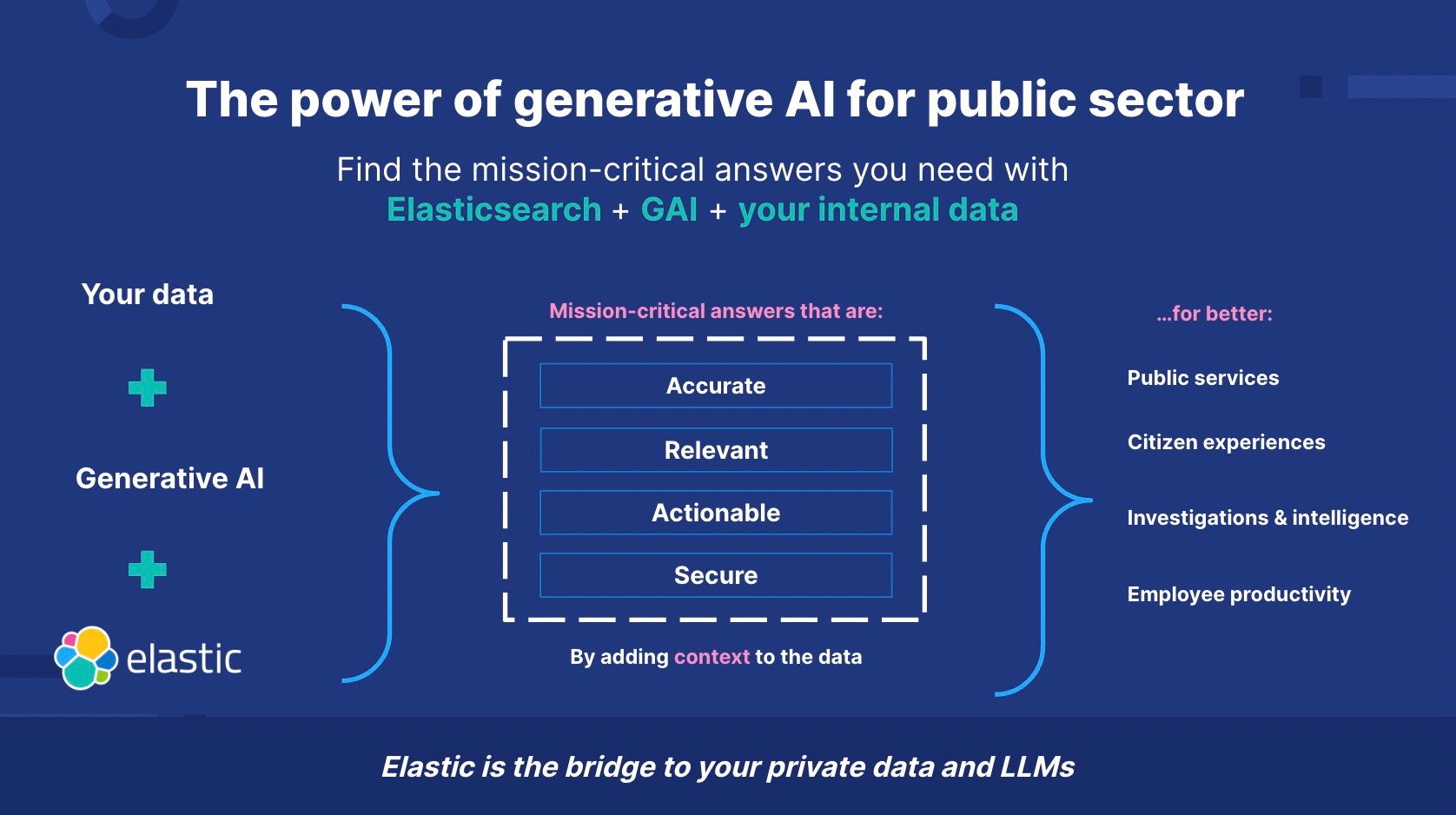 Pinterest unveiled its new generative AI model called Canvas at the VB Transform conference this week, positioning itself as a leader in visual discovery technology. Unlike other text-to-image models, Canvas focuses on enhancing existing images rather than generating new ones from scratch. This approach aligns perfectly with Pinterest’s mission of inspiring users through visual discovery.
Pinterest unveiled its new generative AI model called Canvas at the VB Transform conference this week, positioning itself as a leader in visual discovery technology. Unlike other text-to-image models, Canvas focuses on enhancing existing images rather than generating new ones from scratch. This approach aligns perfectly with Pinterest’s mission of inspiring users through visual discovery.
Canvas was introduced by Anthony Suarez, senior director of developer enablement at Pinterest. He explained that the company recognized the need to adapt and evolve their technology to keep up with a changing landscape of innovation. The model combines a variational autoencoder, CLIP text embedding, and noise injection to transform and expand images based on textual descriptions.
The capabilities of Canvas were demonstrated live on stage by Alice Chang, engineering manager in the advanced technologies group. She highlighted how being able to articulate one’s tastes is key to building a deeper understanding of oneself. Canvas allows users to manipulate and enhance existing images, opening up new possibilities for users and brands. Retailers can use Canvas to showcase products in different settings, while users can explore different ways to style their homes or wardrobes.
Pinterest executives also emphasized their commitment to responsible AI development. Suarez outlined the company’s STEAM framework, which stands for Simple, Tailored, Extensible, Accountable, and Measurable. This framework guided the development of Canvas and ensures that safety is built into the technology from the ground up.
By prioritizing the enhancement of existing content rather than unrestricted generation, Pinterest aims to maintain the authenticity and trustworthiness of its platform. Industry analysts at the conference noted that Canvas could be a game-changer for Pinterest. However, they also cautioned that generative AI is not a magic wand that can solve all problems on its own.
With the introduction of Canvas, Pinterest is betting on the idea that the future of online inspiration lies in helping users see existing images in new, personalized ways. The company hopes that Canvas will bridge the gap between digital inspiration and real-world action.
As Pinterest continues to evolve, all eyes will be on how Canvas transforms the user experience and whether it can live up to its potential as a game-changer in the industry.

